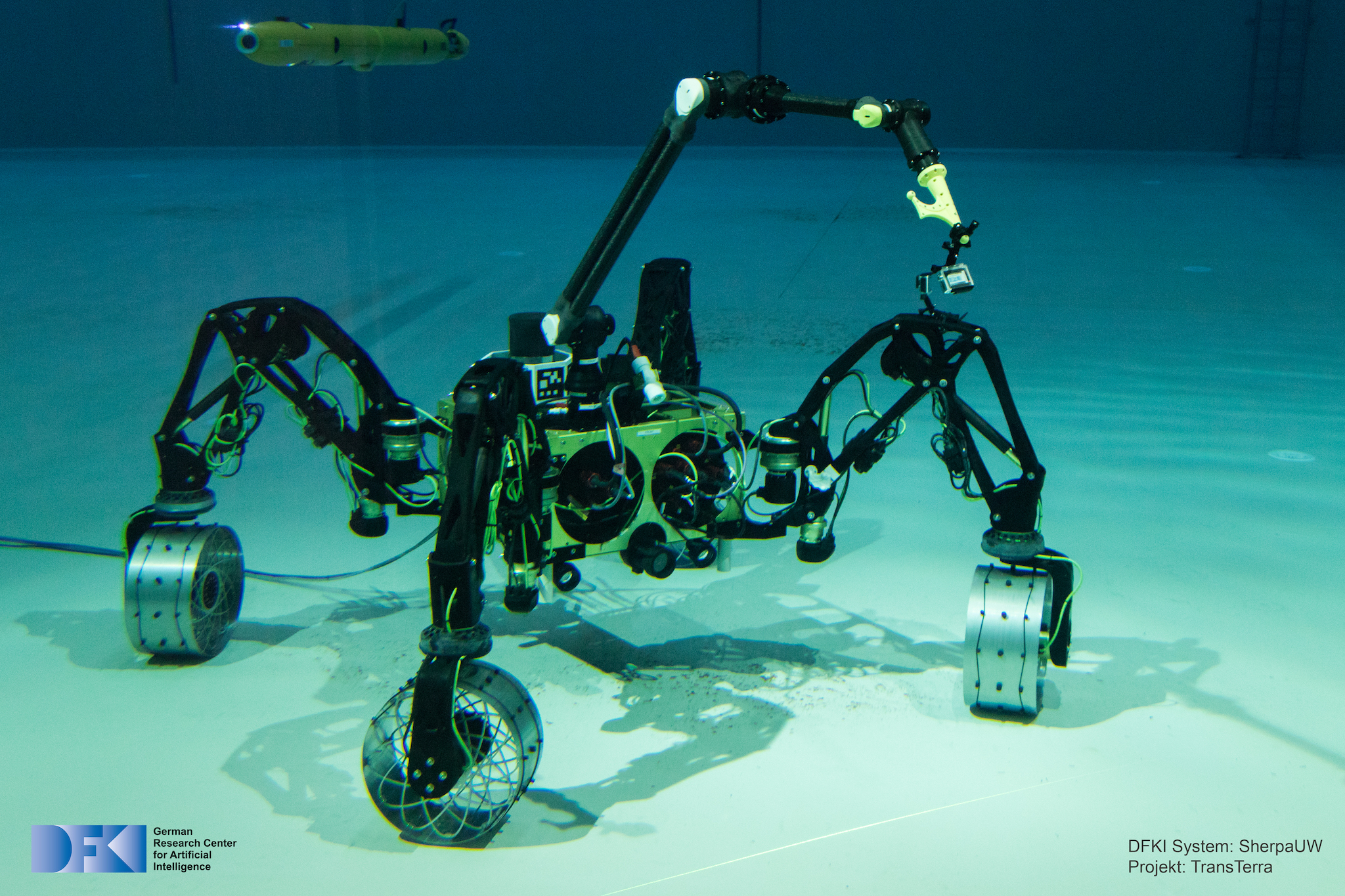What happens in the brain of AI-based robots operating under water? Researchers will investigate this question in a new European Horizon 2020 research project. Experts in AI and reliability analysis will cooperate with companies developing underwater robots.
Robots can operate in places where human presence can be both costly and dangerous. They create fantastic opportunities to put to use the enormous areas under the sea surface, which covers more than 70% of the earth’s surface, for example to produce food at the bottom of the ocean, to inspect and maintain vessels and platforms and to fight offshore oil spills or pollution. However, how can we know that the robots will not harm the environment when we let them loose?
Robots under water have to tackle many challenges. Not only do underwater currents and unexpected vegetation and marine life create difficulties for the robots. Reduced vision and very restricted possibilities to communicate are also technological barriers. Therefore, robots will have to manage on their own down there in the deep, without human support. Modern technology based on machine learning and AI is now adopted by the robot industry to create robots that can operate autonomously and tackle the challenges they meet on their way. If we are going to use robots for environmentally safe activities under water, we must be able to rely on them. The robots must be able to operate on their own, handle their missions safely and efficiently, make the right decisions and get back to the base to charge before they run out of power.
“A major challenge for European industry today is the reliability of AI-based systems, but we lack an education on this topic in Europe today. The REMARO project will train 15 experts on reliable AI through an innovative training program at the doctoral level, in which universities and industry from European countries with significant marine sectors will collaborate closely”, says Andrzej Wasowski, Professor at the IT-University in Copenhagen and Project coordinator of the REMARO project.
The development of reliable AI-systems for robots is key to new activities under water. This is the challenge addressed by the REMARO project. In REMARO, 15 doctoral students at different universities in Europe will collaborate to design brains for robots that will be self-learning and autonomous, and at the same time operate safely both for themselves and for the environment.
REMARO: Reliable AI for Marine Robotics
- More information: http://www.remaro.eu
- 15 PhD-students will be employed in Denmark, Germany, the Netherlands, Norway and Portugal from spring 2021
- Project period: 01/12/2020 – 30/11/2024
- Project partners: IT University of Copenhagen (Denmark), Aarhus University (Denmark), University of Bremen (Germany), German Research Center for Artificial Intelligence (Germany), RWTH Aachen University (Germany), Delft University of Technology (Netherlands), University of Oslo (Norway), University of Porto (Portugal), EIVA (Danmark), ROSEN (Germany), Ocean Scan (Portugal), Instituto Superior de Engenharia do Porto (Portugal), DNV GL (Norway), Kraken Robotik (Tyskland)
Contact person:
- Prof. Andrzej Wasowski, tlf (+45) 7218 5086, email: wasowski@itu.dk
- If you are interested in a PhD position with REMARO please click here
Twitter: @ItnRemaro

REMARO has received funding from the European Union’s EU Framework Programme for Research and Innovation Horizon 2020 under Grant Agreement No 956200


 REMARO REMARO
REMARO REMARO